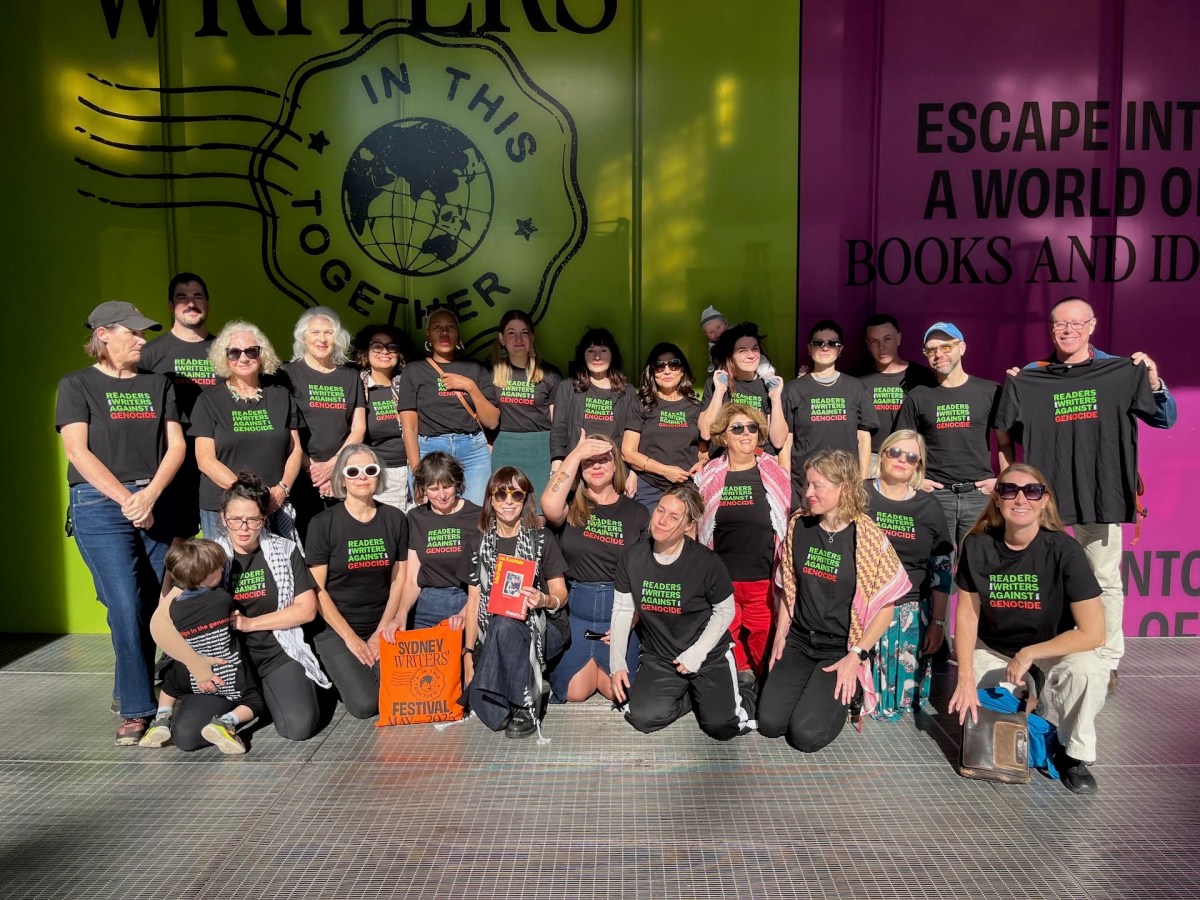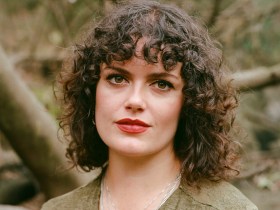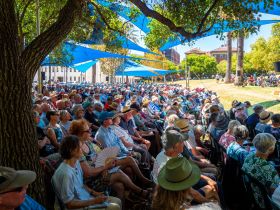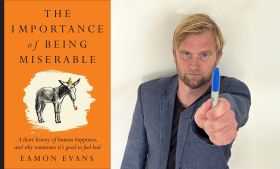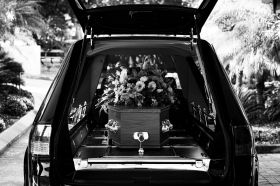What do you do when you work in the literary sector; when, every day, on your phone and in the news, you see crimes against humanity being committed; and yet you are surrounded by silence from people in your profession?
That was the situation that I and many ‘book lovers’ (for want of a better term) found ourselves in over the year and a half after 7 October 2023. And so, earlier this year, we connected and formed Readers and Writers Against the Genocide (RWAG), a loose coalition of authors, poets, literary agents, booksellers, festival and publishing staff, and – importantly – readers to demand a ceasefire, oppose the genocide in Gaza and advocate for a free Palestine.
RWAG came into existence for two main reasons: foremost, because, after 18 months of the horrific violence Israel was perpetrating against Palestinians in Gaza – the bombing of refugee camps, hospitals, universities and schools, children buried under rubble or with sniper bullets in their skulls, and the deliberate murder of doctors and paramedics – we felt we had to do and say something to register our horror and opposition to what Palestinians, as well as many international human rights organisations, were already calling a genocide.
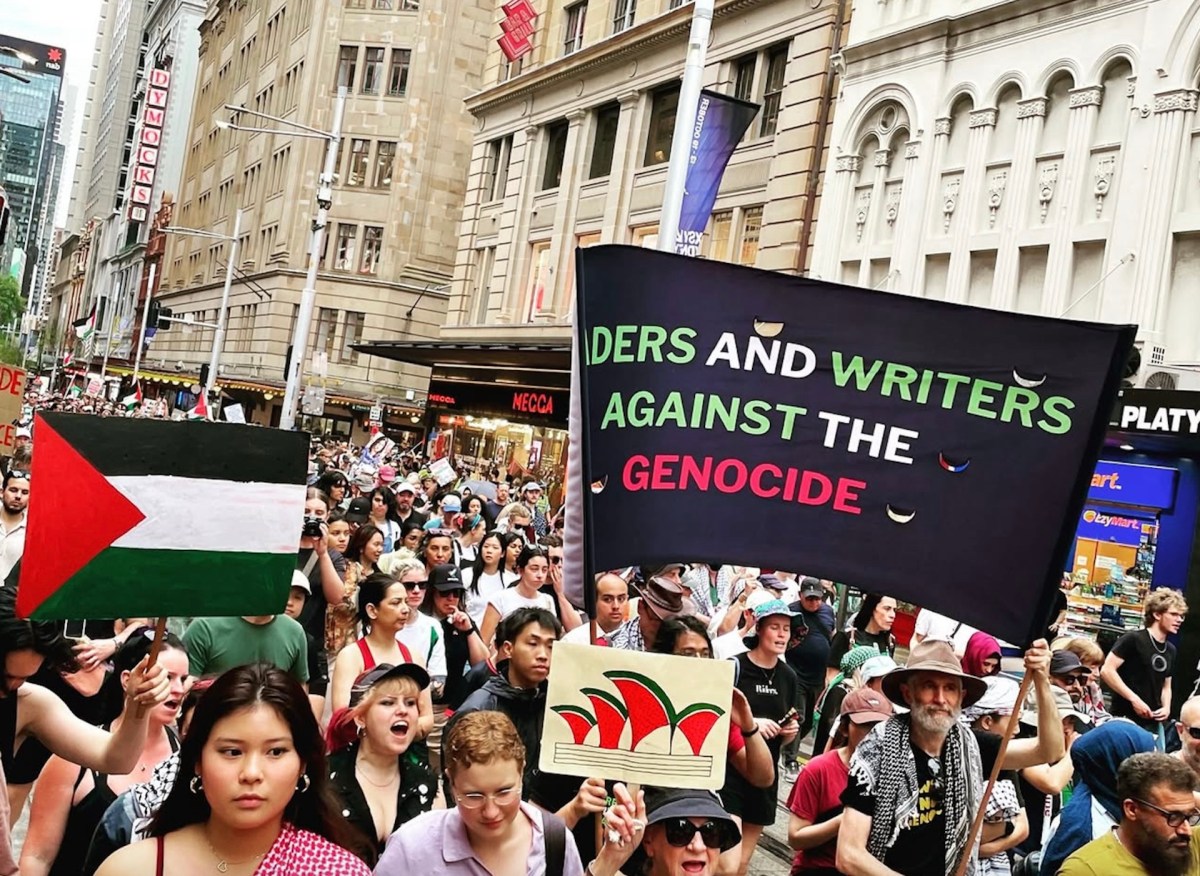
And secondly, because our workplaces and official organisations – APA, ABA, ASA and library associations, to name just a few – were remaining silent on the issue of genocide and refusing to make any statements against the actions of the Israeli state, even when writers, poets and journalists were being murdered, and libraries, bookshops and cultural institutions being destroyed.
We heard no condemnation of the mass killing of civilians as collective punishment or the use of starvation as a weapon of war. Instead, we heard silence or bland statements about remaining neutral; about how it was complicated and not wanting to take sides.
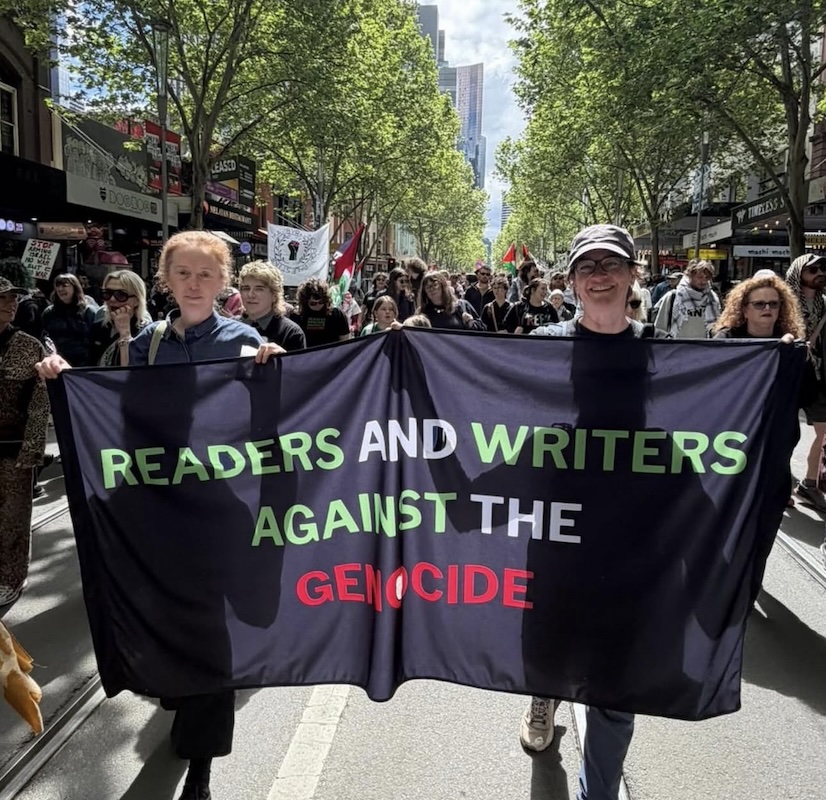
The only interventions we did see in relation to Gaza were those against anyone speaking up. We witnessed state libraries cancelling pro-Palestine authors’ writing workshops (in the case of Omar Sakr, Jinghua Qian and Alison Evans) and writers fellowships (in the case of Karen Wyld); book contracts by Palestinian authors under threat from the pro-Israel lobby (in the case of Dr Randa Abdel-Fattah); writers festivals complying with pressure to cancel or not include sessions on Palestine (and in time one introducing a punitive ‘code of conduct’); and many, many authors losing work, not least Clementine Ford and Grace Tame.
RWAG: creative freedom
As a literary community, we trade in creative freedom, free speech and the contestation of ideas. We know the power of words to shape the world and help us understand it; and their importance in fighting for equality and justice, and shifting hearts and minds.
Literature plays many crucial roles in society – it challenges, unsettles, provokes, inspires and represents – and if there is one thing history has taught us, it is that when there is political interference in the arts, and when writers and their work are censored, democracy is at risk.
ArtsHub: Bendigo Writers Festival 2025: why we cancelled our panel
RWAG was born in order to speak up against the genocidal actions of the Israeli state in Gaza because the representatives of our official organisations and workplaces were remaining silent (and, in some cases, enforcing silence) and because we believe in the power of literature to transform lives and make the world a fairer place.
We started with a simple T-shirt, with a logo on the front and the most distilled and powerful form of language on the back: a poem. Three Australian poets kindly gifted us a poem written in response to the unfolding genocide in Gaza: Algo in the genocide by Omar Sakr; Footnotes for Gaza by Sara M Saleh; and One day the books will count the dead by Evelyn Araluen. Later we added poems by four Gazan writers – Mahmoud Alshaer, Nour Abdel Latif, Batool Abu Akleen and Ezzideen Shehab – in English and Arabic.
(All of the proceeds from sales go to Palestinian organisations and, as mutual aid, to the four writers in Gaza.)
We’ve grown a lot in eight months: we’ve sold more than 3,000 items of RWAG merchandise in Australia alone; we’ve raised more than $20,000 in donations; and we have local RWAG groups in each major city. And, incredibly, because of interest from overseas, we now have a UK chapter and sell merch and raise funds via a UK website.
RWAG: too much to bear
The existence of RWAG has literally kept me functioning this past year. To wake every day to images of maimed, orphaned children; to parents digging through rubble with their hands after returning from searching for food for their now-bombed children; and not to have people in my professional life to talk to about these horrors was becoming too much to bear.
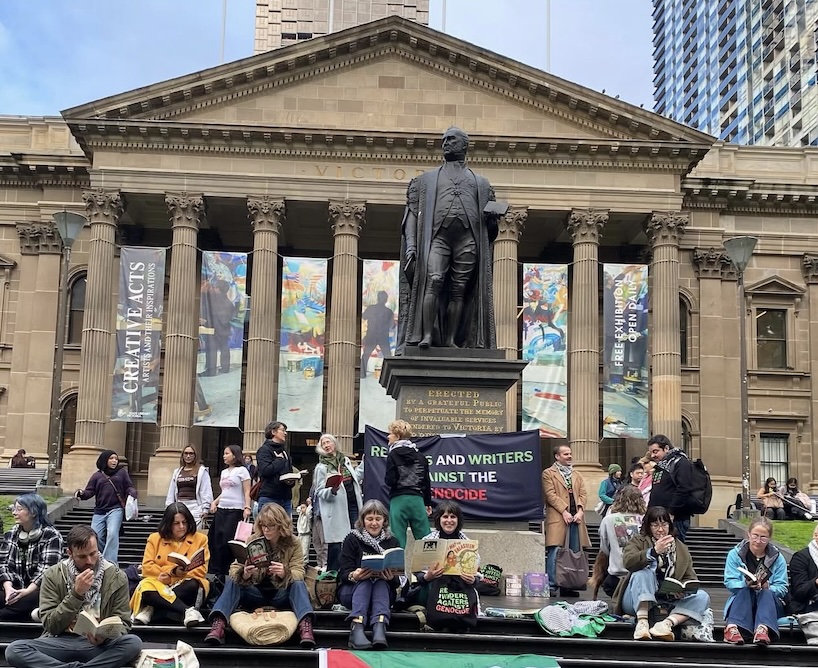
And I wasn’t alone. The multi-award-winning Australian author Michelle de Kretser told me: ‘The sight of a friend or stranger in a RWAG tee is a welcome reminder that millions around the world oppose Israel’s war crimes and stand in solidarity with a free Palestine.’
Fellow prizewinning author Hannah Kent has said: ‘My RWAG shirt does not just communicate my outrage and horror at what is happening in Palestine and to Palestinians – it also invites conversation and statements of support from others. It is an invitation to action. It is an affirmation that we stand together in compassion.’
In short, RWAG makes justice-oriented solidarity and community visible, and spurs us to collective action.
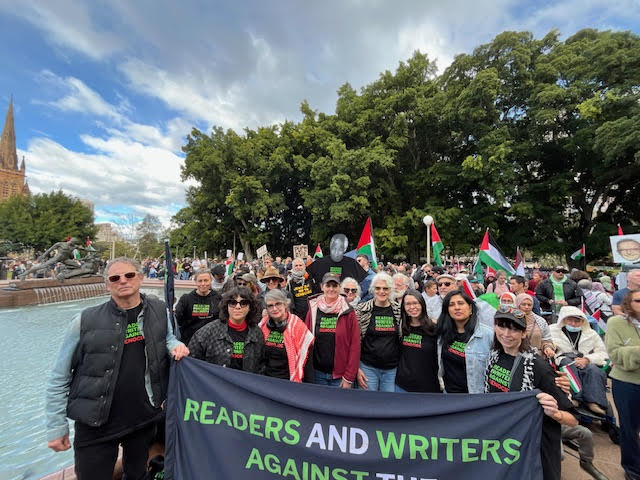
RWAG: Diary of a Young Doctor
Next month, RWAG will publish a book by one of the Gazan writers we’ve been working with and fundraising for, Diary of a Young Doctor by Dr Ezzideen Shehab. (You can get more information on the book and how to buy it here.)
Over the past two years, Ezzideen has been documenting his heartbreaking experiences and those of his family, patients and fellow medical workers. The book has received incredible endorsements from writers such as Max Porter, Amy Remeikis, Sara M Saleh and Antony Loewenstein among others.
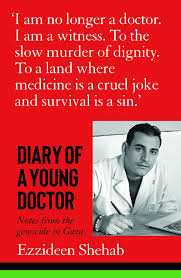
We know, from recent book-deal announcements, that there will soon be a number of books (and no doubt, in time, movies) appearing on the genocide.
Many will be by non-Gazans, and nearly all will be published by publishing houses who will make money from a genocide that they have done nothing to oppose.
Ezzideen’s book is different: members of RWAG all volunteered their time for the editing, typesetting, cover design, marketing and publicity. We crowdfunded the printing costs and all profits will go to Dr Ezzideen, his family and his medical clinic.
The act of publishing it is cultural activism writ large, and proof that many in the literary profession recognise the need to centre Palestinian voices, resist censorship and speak out for Gaza.
RWAG: it’s not over
The work of RWAG is not over: a fragile ceasefire exists, but there can be no true peace until there is accountability and reparations; until there is an end to the occupation, blockade and apartheid; and Palestinians live in freedom.
So to all the readers and writers out there, it’s never too late to speak up – join us – and to amplify Gazan voices.
Read Palestinian literature: there are so many Palestinian writers, throughout Palestine and the diaspora, and their words must be read and learned from.
Aviva Tuffield has worked in publishing for 25 years. She was a co-founder of the Stella Prize, and in 2025 founded Readers and Writers Against the Genocide (@readerswritersagainstgenocide; buy the fundraising RWAG merchandise here)

